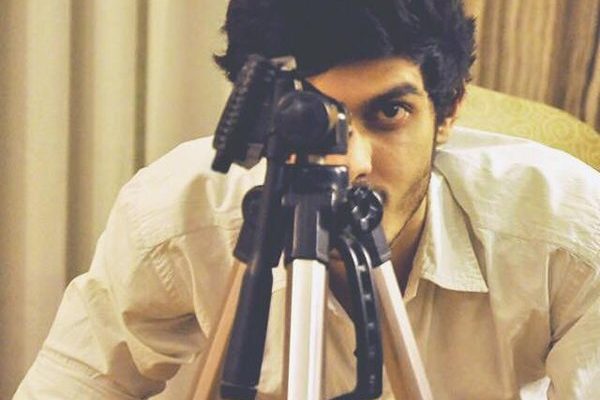Pratik Khamesra, the founder at Astronomia Shoppe is an ardent follower of No Sir No Madam culture in personal life. Astronomia Shoppe is a one-stop-shop for every new and unique party and wedding-related products.
Pratik completed his post graduation studies from London, the UK. Furthermore, he has spent almost three years working there as a marketing and event manager. He always dreamt of setting-up a business entertainment industry. It was only in 2012, that he quit his job in London, the UK and returned to India to pursue his dream.
Pratik ensures to follow No Sir No Madam practice in his organization as well. He conjectures that employees can correspond much more openly when there is no salutation barrier. Pratik mentions — My employees are almost the same age as me. I used to feel awkward whenever they addressed me as ‘Sir’. I had to explain them that I do not like being referred with a salutation. Now, they use the word ‘bhaiya’ whenever they are addressing me.
This has definitely helped in improving the efficiency within the company. They approach me without any restrains whenever they have a doubt. Therefore, there is no confusion and work is carried on smoothly.
Pratik, for his work, has to interact with celebrities, artistes, and music festival organizers. He emphasizes, “The people I work with do not ever expect to be addressed as ‘Sir’. Even majority of Bollywood celebrities do not mind being addressed by their first-name. However, the very senior actors/actresses accept some sort of formal greeting.”
He opines — people who expect some sort of salutation order should be educated about No Sir No Madam movement. Even the most highly educated people mistake salutation as a form of respect. Moreover, having worked in London, he recognizes the difference between Indian culture and customs abroad.
‘Sir/Madam’ tradition was introduced to us by the Britisher during the colonial rule. It would be surprising to many people that the British generally do not follow any salutation decree anymore. Even in companies, subordinates refer their seniors on a first-name basis. It is a matter of perception. I remember my boss getting coffee for us before a meeting. Only in India do people like to be addressed as ‘Sir/Madam’, as it lets them show their superiority.
In addition, government officials are the ones who stringently follow the salutation diktat. They consider first-name greeting as disrespectful. Pratik remarks that it is impossible to communicate with bureaucrats without making yourself inferior. He comments — People working within the government sector need to be educated about No Sir No Madam. It is critical that public sector employees learn about a cordial culture.
Being a traveller, he often comes across people from different socio-economic backgrounds. He stresses, “I always let my driver, and other helpers address me by my first-name. This enables to have an open conversation.” Pratik conceives that removing any mandate from blue-collar workers will let them have a sense of individuality.
To have a quicker change, Pratik suggests introducing first-name habits among children. No Sir No Madam creed should be a part of the school’s syllabus. This would help the kids to differentiate between portraying respect and subduing yourself.
Pratik terminates by saying – You will be respected, if you are worth it. He also advocates people to follow and spread No Sir No Madam teachings. After all, the best way to bring a change is to set examples yourself.







Add comment